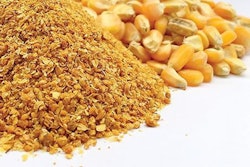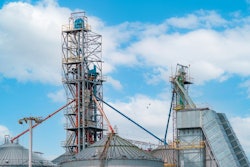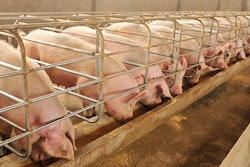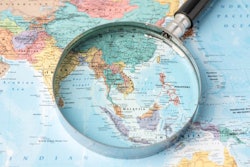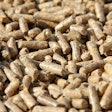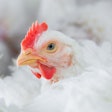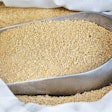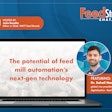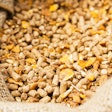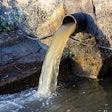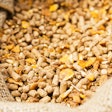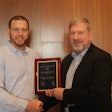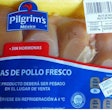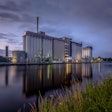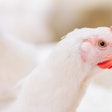
The threat of climate change must not be forgotten amid COVID-19 and war in Ukraine, FEFAC president says
The past year has brought even more unexpected turmoil to the feed industry. But even as the impacts of COVID-19 and the invasion of Ukraine continue, the importance of combating climate change hasn’t diminished. If anything, these crises have only highlighted the need for more sustainable feed production practices, European Feed Manufacturers’ Federation (FEFAC) President Asbjørn Børsting said.
The events of the past year have illustrated the need for EU’s feed industry to continue and expands its environmental ambitions, according to a progress report published by FEFAC to highlight this year’s progress toward the associations’ 2030 sustainability goals. Shortages and soaring prices highlight the need to integrate resilience into sustainability goals — an approach that FEFAC included within its original Sustainability Charter when the goals were authored in 2020 at the height of the COVID-19 pandemic. But the invasion of Ukraine by Russia has added to calls for the industry to review how feed is produced — including necessary inputs like fertilizers, additives and even energy, according to the progress report.
“This demands a mentality change in the whole supply chain—from ‘just in time’ to ‘just in case’ approaches — to prevent unintended consequences linked to the implementation of sustainability agendas, which could further exacerbate the EU’s import dependency on those critical agricultural inputs,” the report reads.
While sustainability goals could potentially fall by the wayside in the face of crisis, it’s important to note that climate change has contributed to some of the difficulties the feed industry faces, Børsting said. Challenges like COVID-19 and the war in Ukraine “are a manifestation of climate change and, as said before, these kinds of crises can be taken advantage of to speed up certain processes that were previously considered as part of the ‘environmental sustainability domain.’”
The progress report pointed to the publication of a handbook on circular feed in June 2022 as one such area where current conditions could accelerate progress toward sustainability. Use of circular feed not only goes hand in hand with sustainability goals by reducing waste and carbon emissions, but also increases the EU’s feed autonomy by creating a more resilient, localized supply chain, Børsting said. Hopefully, he said, legislative action will improve the industry’s ability to implement circular feed concepts.
Energy, Børsting said, is another example of how the war in Ukraine could actually accelerate progress toward sustainability. Up to this point, he said, the emphasis in the industry has been on the carbon emissions created in the process of producing feed ingredients. But the energy crisis in Europe has brought energy use to the forefront and has led to calls in the EU for decarbonization among energy-intensive industries including, potentially, feed manufacturing.
“We may see more and more sectorial initiatives to present ‘decarbonization roadmaps,’ in the near future meaning that, at some point, the feed industry will likely be requested to also consider this aspect as part of the sustainability ambitions,” Børsting said.

